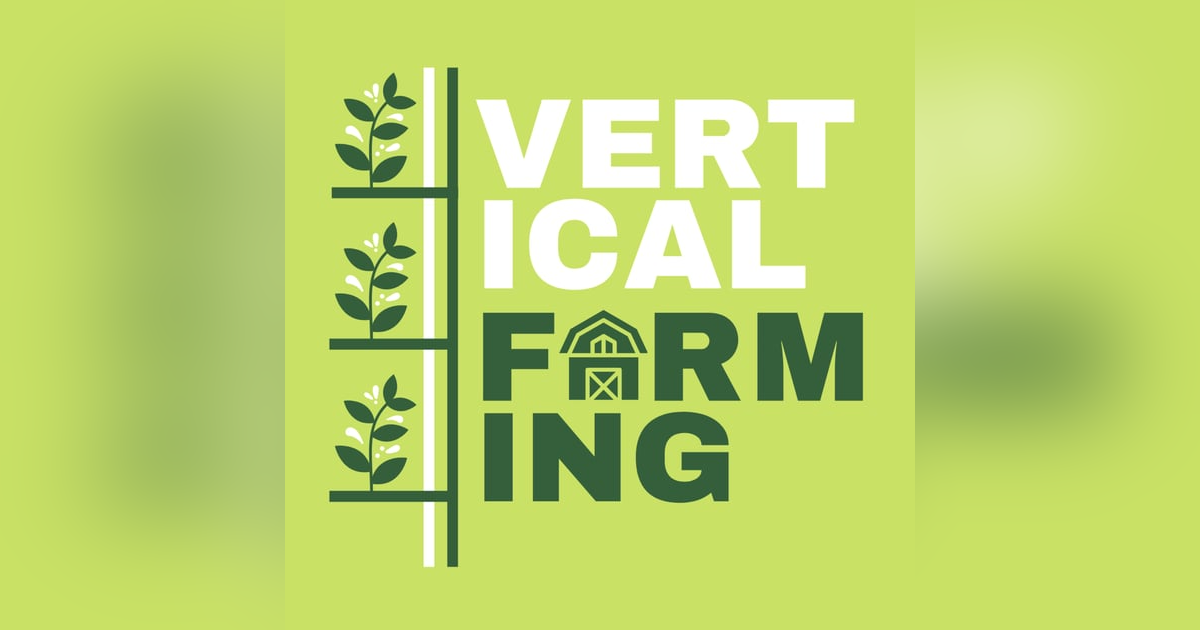S3E29: Nicholas Dyner - Nanobubbles, Aquaculture and Access to Clean, Safe Water
Episode Summary
Join Harry Duran, host of Vertical Farming Podcast, as he welcomes to the show Nicholas Dyner. Nick is the CEO of Moleaer, an organization that produces commercial nanobubble generators to deliver sustainable, chemical-free water quality improvement for agriculture, reservoirs, lakes, ponds, and more. In this episode, Harry and Nick discuss Nick’s extensive background working in the water treatment industry. Nick expounds on nanobubble technology, what it is and how it can be used to improve vertical farming and the agricultural industry as a whole. Finally, Harry and Nick talk about the ongoing struggle for universal access to safe water and how advancements in technology can help restore and improve the quality of sea life.
Episode Sponsor
Key Takeaways
- 03:22 – Harry welcomes to the show Nick Dyner, CEO of Moleaer, who talks about his organization, the benefits of nanobubble technology and how the pandemic has impacted his business
- 10:53 – Nick discusses Moleaer’s entry into the agriculture space
- 14:41 – Nick’s background in water
- 18:31 – Nick provides his opinion on the best water to drink on a daily basis
- 20:59 – Challenges surrounding global access to water and the amount of water that is required for farming and agriculture
- 24:23 – Nick breaks down horticulture, aquaculture and food safety
- 27:52 – How technology can help restore and improve the quality of sea life
- 29:26 – Nick recalls the moment he met the founders of Moleaer and reflects on the journey to his first executive leadership role as CEO
- 35:50 – How Nick has grown as a leader and how he approaches growing his team
- 38:54 – Other opportunities for nanobubble technology
- 40:20 – Nick talks about the most interesting thing he learned about the vertical farming industry
- 42:27 – A tough question Nick has had to ask himself recently
- 44:35 – Harry thanks Nick for joining the show and let’s listeners know where they can connect with him
Tweetable Quotes
“I think people should be paying more attention to their tap water and what they consume.” (19:33)
Links Mentioned
🎙️🎙️🎙️
Podcast Production and Marketing by FullCast: https://bit.ly/3sxZ34y
See omnystudio.com/listener for privacy information.
Mentioned in this episode:
Indoor AgCon 2025


























